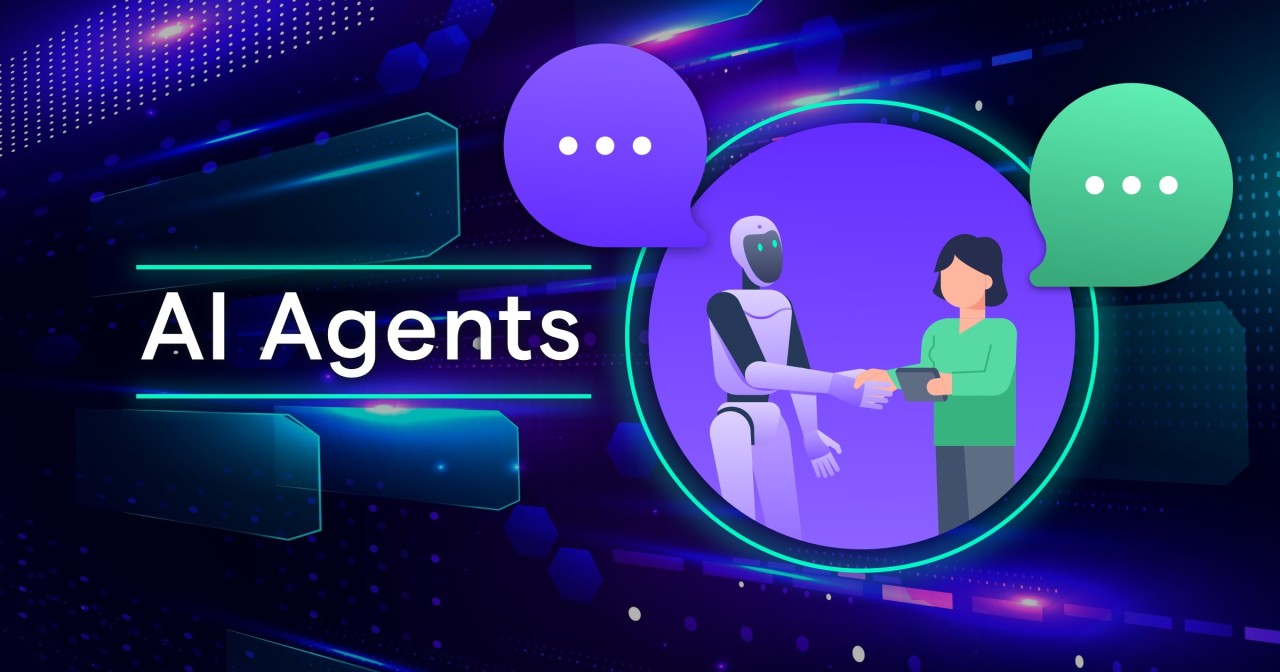AI Agents Go Mainstream: Autonomous Digital Co-Pilots Redefine 2025

AI Agents Become Ubiquitous in Work and Daily Life
Autonomous AI agents have rapidly transitioned from experimental platforms to mainstream digital co-pilots, fundamentally altering how people manage tasks and businesses operate. In 2025, these agents aren't just a feature—they're a paradigm shift, acting with a degree of independence that was unthinkable even a year ago[3].
Advancements in Natural Language Processing and Contextual Reasoning
With advanced natural language processing (NLP), modern AI agents now converse fluently, remember context over long interactions, and even exhibit basic emotional intelligence[2]. This evolution means digital assistants can perform complex multistep workflows, collaborate on coding projects, and draft legal documents with comparable accuracy to junior professionals[3]. Models like OpenAI o1 demonstrate reasoning capabilities that mirror human problem-solving, increasingly supporting fields like medicine, law, and software development[3].
Specialized and Personalized AI Agents
The industry trend is toward specialized, smaller AI models tuned for individual users or enterprise needs. Microsoft's Phi and Orca models, for example, reveal how curated datasets and synthetic post-training can rival the performance of much larger models, providing bespoke solutions for highly specialized tasks or sectors[3]. AI agents can now draft personalized health recommendations, anticipate a user's workflow, or analyze contracts at a fraction of the traditional time and cost[3][2].
From Healthcare to Infrastructure: Industry Impact
These digital agents are already transforming core sectors:
- Healthcare: Predictive engines forecast illnesses years before symptoms emerge, and autonomous labs run tens of thousands of experiments daily for drug discovery[4][2].
- Smart Infrastructure: Cities employ AI to predict failures and deploy repair bots proactively, pioneering the concept of 'self-healing' urban environments[4].
- Legal Services: AI-powered tools democratize justice by analyzing legal cases and proposing strategies in seconds at minimal cost[4].
What’s Next: Digital Twins and AI-Centric Futures
Perhaps most striking is the emergence of personal digital twins: virtual counterparts that simulate major life or business decisions in risk-free sandboxes, allowing users to test career moves, investments, or health choices with predictive accuracy[4]. As these technologies blur the line between human judgment and machine optimization, avoiding their influence is fast becoming impossible.
Conclusion: Expert Perspectives
Experts agree that the adoption of autonomous AI agents will be as fundamental as the rise of the internet itself[3][2]. While this wave brings unprecedented productivity and opportunity, it also puts a premium on ethical governance and human oversight. As Ece Kamar of Microsoft's AI Frontiers Lab notes, the future will be shaped by how these agents are built—and who they serve[3].
Social Pulse: How Communities View Autonomous AI Agents
Discussion around autonomous AI agents has exploded on both X/Twitter and Reddit over the last week. The main debate centers on the promise of digital co-pilots versus their risks.
Key Opinion Categories:
-
"Transformational Productivity" (35%): Users like @aioptimist and r/Futurology fans celebrate the time-saving, job-augmenting potential, sharing demos of agents managing emails, booking meetings, and even coding entire features autonomously.
-
"Tech Anxiety & Job Displacement" (28%): Critics such as @daniel_denett and r/technology express concern over automation's impact on employment, citing examples of displaced support staff. Notable AI ethicists, like @timnitGebru, call for stronger guardrails.
-
"Privacy & Security Caution" (18%): A dedicated segment, led by figures like @snowden and active on r/Privacy, highlights risks tied to always-on digital agents, including data misuse and surveillance.[3][2]
-
"Personalization Enthusiasts" (14%): Early adopters, especially in r/ArtificialIntelligence, rave about specialized agents for healthcare and finance, arguing that advanced personalization improves quality of life.
-
"Skeptics of Hype" (5%): Expert voices, such as @garymarcus, question whether current agents are truly 'autonomous' or just better automated scripts.
Overall Sentiment: While the majority express excitement or cautious optimism, public discourse highlights the need for responsible design and comprehensive policy to keep AI agents aligned with human values.